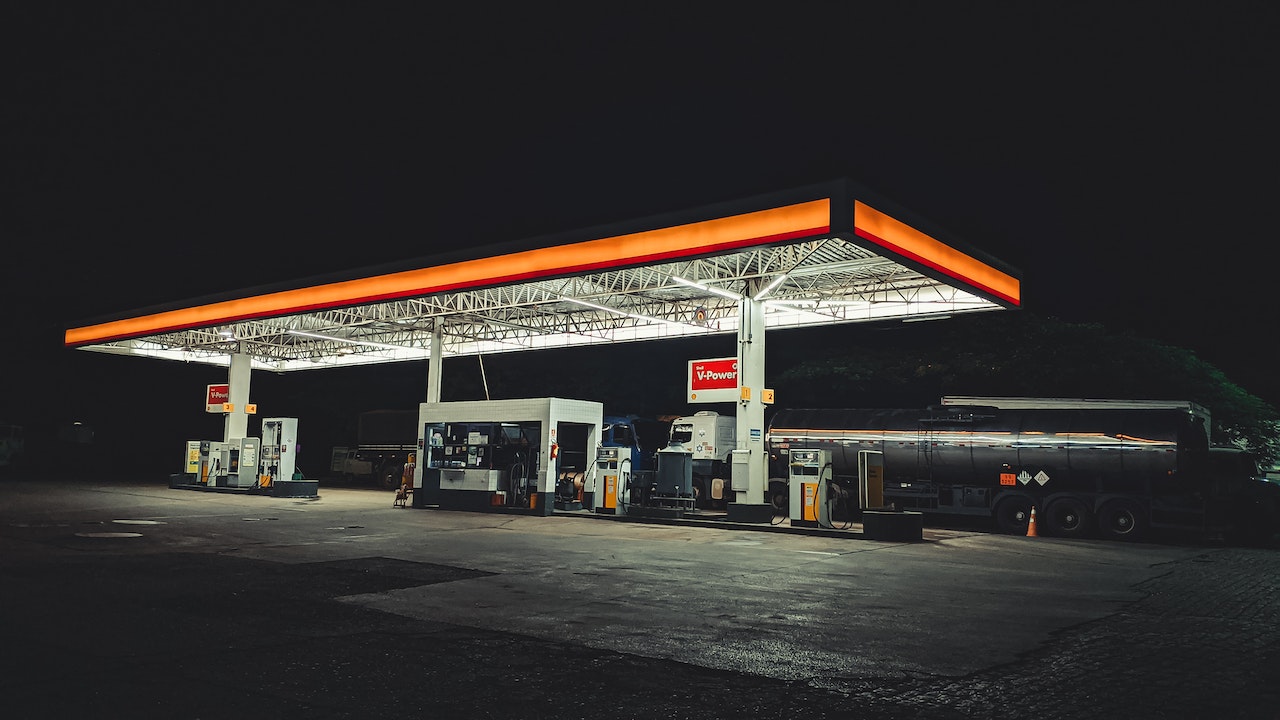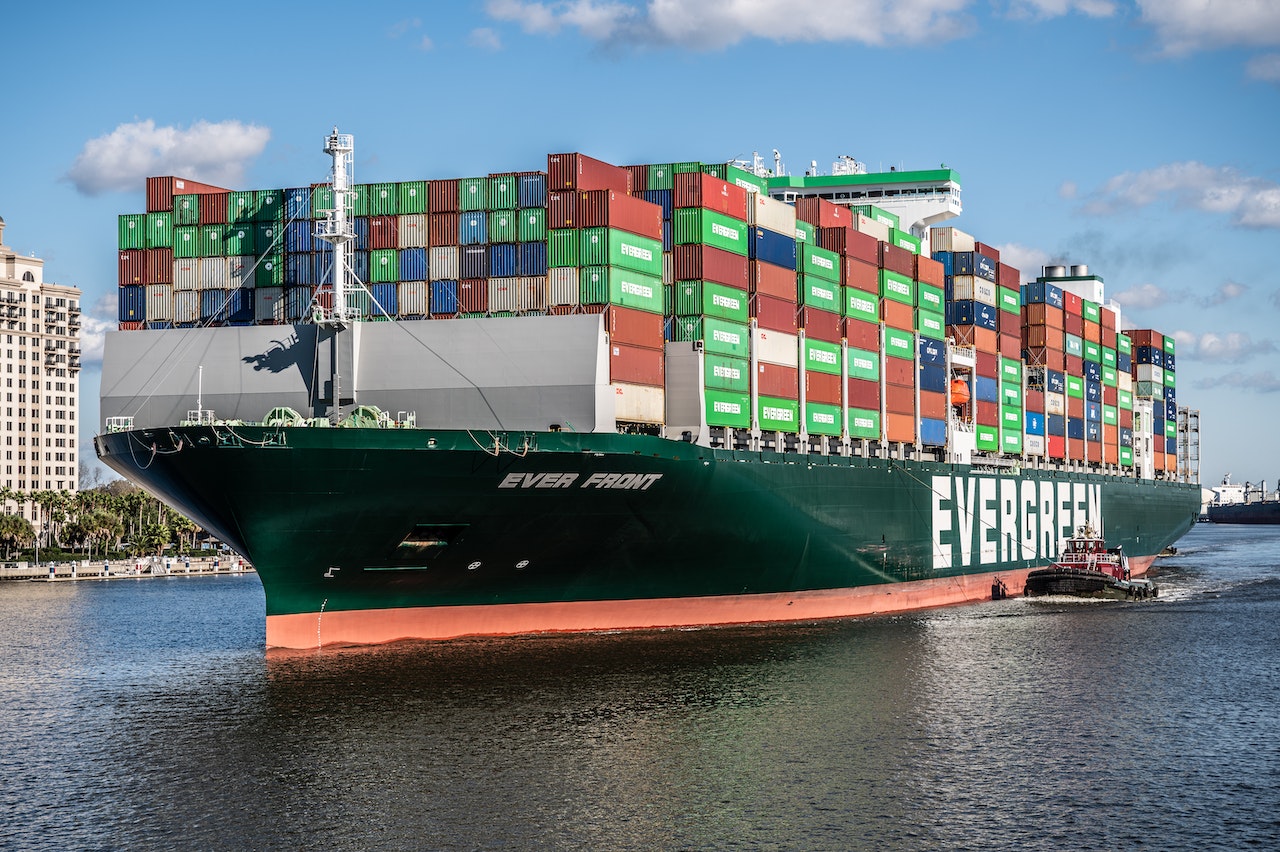How High Petrol Rates Are Shaping Auto Industry?

One of the most immediate impacts of high petrol rates is an increase in transportation costs. Whether you drive a personal car or rely on public transportation, the rising cost of petrol means that getting from point A to point B becomes more expensive. This can have a direct impact on household budgets, as people may need to allocate more money for fuel expenses and less for other essential items such as groceries or healthcare. High petrol rates can have wider implications for the economy as a whole. Businesses that rely heavily on transportation may pass on their increased costs to customers by raising prices for goods and services. This can lead to inflationary pressures and reduce consumers’ purchasing power. Moreover, industries that heavily use fuel, such as shipping or airlines, are particularly susceptible to escalating petrol rates and may face higher operational costs, potentially leading to job cuts and economic slowdowns.
Understanding the impact of high petrol rates goes beyond recognizing its immediate financial effects; it also extends to environmental concerns. As fuel prices rise, there is an increased incentive for individuals and businesses to find alternative sources of energy and promote greener practices. High petrol rates encourage conservation efforts like carpooling or using public transportation instead of single-passenger vehicles. Furthermore, they could drive investments in renewable energy infrastructure, with cleaner fuels or electric vehicles becoming more economically viable options. By putting pressure on traditional fossil fuels through price increases, higher petrol rates pave the way for sustainable energy solutions that benefit both our wallets and the planet.
Factors Influencing Petrol Prices

There are several factors that influence petrol prices, and understanding them can help shed light on why we often find ourselves shelling out more money at the pump. One major factor is the price of crude oil, which accounts for a significant portion of the price we pay for petrol. Political events, conflicts, and changes in production levels can all affect the cost of crude oil and subsequently impact petrol prices. Another determinant is refining costs. After crude oil is extracted from the ground, it must be refined into usable products like petrol. These refining processes require energy and resources, contributing to the overall cost of petrol. In addition to this, taxes imposed by governments also play a role in determining how much we pay for fuel. While some countries tax petrol heavily as a way to fund infrastructure projects or encourage greener alternatives, others may have lower or no taxes at all.
Market demand and supply dynamics directly influence prices at the pump. If there is an increase in demand for petrol due to factors like an expanding economy or holiday travel season, prices are likely to rise accordingly. Conversely, if there is excess supply due to increased production or decreased demand (such as during lockdowns), prices may decrease. All these factors interact with each other in complex ways, making it challenging to predict exact fuel price fluctuations. However, being aware of these influences provides us with valuable insights into why our wallets feel lighter every time we fill up our tanks, empowering us to make informed decisions regarding transportation choices and fuel consumption habits.
Environmental Consequences of High Petrol Rates
One of the major environmental consequences of high petrol rates is increased air pollution. When fuel prices climb, people often resort to using their cars less and opting for public transportation or carpooling. However, those who cannot afford alternative modes of transportation or do not have access to them are left with no choice but to continue driving their own vehicles. This leads to increased traffic congestion and a higher concentration of greenhouse gas emissions in the air. High petrol rates can also result in deforestation and habitat destruction. As prices rise, there is an increased demand for biofuels as an alternative to traditional fossil fuels. To meet this demand, large areas of land are often cleared and converted into plantations for crops such as palm oil or sugarcane used in biofuel production. This clearing of land leads to the loss of valuable ecosystems and habitats for numerous species.
High petrol rates can exacerbate global warming and climate change. With the increased burning of fossil fuels due to higher costs at the pump, more carbon dioxide is being released into the atmosphere. This contributes to the greenhouse effect that traps heat on Earth’s surface and disrupts natural weather patterns. The consequences include rising sea levels, more frequent extreme weather events, and altered ecosystems worldwide. While high petrol rates may have a direct impact on our wallets, it is essential not to overlook their environmental repercussions.
Strategies to Cope with Rising Fuel Costs

With rising fuel costs becoming an everyday reality, it’s essential to find effective strategies to cope with these increasing expenses. One way to combat these high prices is by adopting smarter driving habits. Simple steps such as maintaining a steady speed, avoiding sudden acceleration or braking, and reducing idle time can significantly improve fuel efficiency. Additionally, regular vehicle maintenance plays a crucial role in lowering fuel consumption. Keeping tyres properly inflated, replacing air filters regularly, and scheduling routine tune-ups can optimize your vehicle’s performance and help maximize fuel efficiency.
Another strategy that can help offset rising fuel costs is exploring alternative transportation options. Carpooling or ridesharing programs not only reduce the number of vehicles on the road but also distribute the cost of petrol among multiple passengers. Public transportation is another viable option, especially if you live in an area with reliable bus or train services. In fact, studies show that switching from driving alone to using public transport can save commuters hundreds or even thousands of dollars each year. Alternatives like cycling or walking for short distances offer the added benefits of exercise and reduced carbon emissions. When facing higher petrol rates, it’s essential to rethink our approach to commuting and everyday travel. Embracing technology can be another valuable tool in coping with these costs; utilizing navigation apps that provide real-time traffic information helps avoid congested routes that waste both time and fuel. Planning trips strategically by grouping errands together instead of multiple separate journeys also allows for more efficient petrol usage.
The Need for Sustainable Solutions
In conclusion, the rise in petrol rates highlights the urgency for sustainable solutions. While individuals may feel the burden of increased fuel prices, it is important to recognize that this is just one symptom of a much larger issue: our reliance on fossil fuels and their environmental impact. As we continue to deplete finite resources and contribute to climate change, it becomes imperative that we explore alternative sources of energy. One promising solution lies in renewable energy technologies, such as solar and wind power. Harnessing these clean sources of energy not only reduces our dependence on petroleum products but also mitigates the environmental damage caused by carbon emissions. Investing in renewable infrastructure not only offers economic benefits but also paves the way towards a more sustainable future for all.
This shift towards sustainability should extend beyond energy production and consumption. It is vital that we adopt practises such as carpooling, public transportation systems, and cycling infrastructure to curtail our carbon footprint further. Moreover, embracing electric vehicles coupled with investments in charging networks will enable us to transition slowly away from traditional combustion engines. Addressing high petrol rates necessitates a holistic approach where governments, industries, and individuals collectively work towards sustainable solutions. By prioritizing renewable energies and transforming transportation systems, we can combat skyrocketing fuel costs while safeguarding our environment for generations to come.



